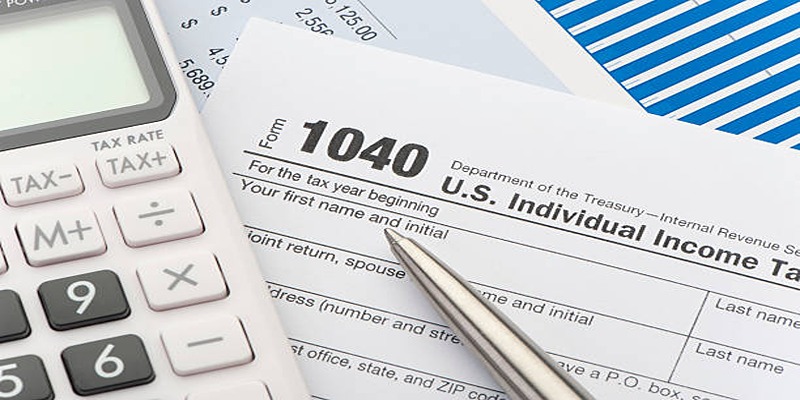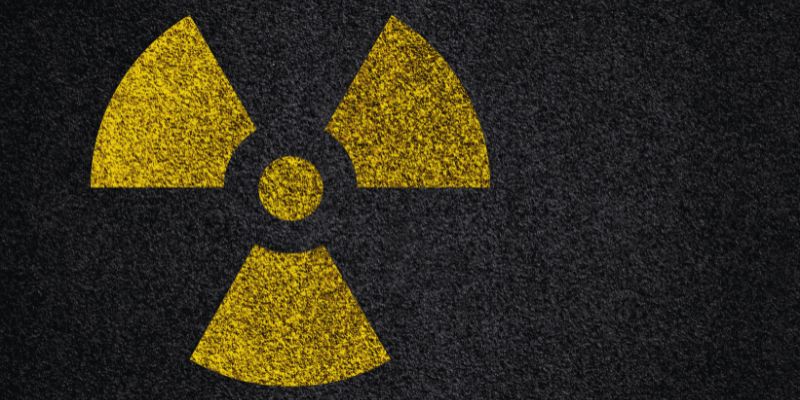Understanding fixed rate savings accounts and their benefits
Fixed-rate savings accounts provide that security, which helps one to build up his/her savings with a definite interest rate. These accounts offer a certain percentage of interest for a certain time; this makes it popular to those with certain plans for development. As compared to the normal savings accounts, where the interest rates vary, fixed-rate accounts guarantee a set percentage for earnings. This is especially so since most savers opt to safeguard their funds from market fluctuations and earn good returns through attractive interest rates. This article aims at providing a brief insight on fixed-rate savings accounts, including how they operate, reasons why one needs them, and other important aspects to consider before opening an account. We will present you with relevant information that will assist you in making a rational decision.

Understanding Fixed Rate Savings Accounts
Once you have deposited your money, you cannot withdraw it without being subjected to some charges normally referred to as early withdrawal penalties. These are best suitable for those who should not require direct access to the funds but require constant interest income. Savings accounts have variable rates depending on market conditions, whereas fixed-rate accounts guarantee that the rates for returns will remain constant for the term of investment, making it an ideal option for long-term saving.
How Fixed Rate Savings Accounts Work
In a fixed-rate savings account, the depositor has to deposit a certain sum of money for a specific time agreed on. The interest rate is fixed at a certain level for that term to suit the bank or the financial institution that offers it, hence a stable return. The interest may be paid on a monthly, annual, or end-user basis depending on the plan provided by the service providers. The interest rate is also likely to be higher with long-term than with short-term. However, most of the banks have placed a lot of restrictions when it comes to withdrawal. This can result in a loss of part of the interest or be subjected to certain penalties depending on the term that you select.
Who Should Consider Them?
They are very suitable for those people who do not wish to take any risks with their investments. They are most appropriate for those who seek to increase their capital with no consideration of the market price changes. If you have a large sum of money that you are not likely to spend daily, then it is a wise decision to lock it into a fixed-rate account if you want to earn more from the money. They also save for those who are saving for certain financial needs, for instance, the purchase of a house or any other expense that may be expected to happen in the future.
Key Benefits of Fixed Rate Savings Accounts
Stable and Predictable Interest Earnings
The biggest strength of accounts that offer a fixed rate is that it offers stability. Since the interest rate is fixed, it becomes easier to determine how much of the amount you are likely to gain by the time the period elapses. This stability helps to plan for one’s financial future and save for the desired amount without any surprises. Fixed-rate accounts are different from stocks and other investment instruments, and thus they are not able to fall during a specific market. If there are lower interest rates in some other account, your savings will continue to earn the agreed interest rate, thus being secure.
Better Interest Rates Than Regular Savings Accounts
Other savings deposit accounts have higher interest rates in most cases than the normal savings deposit accounts. These higher rates are offered by the banks and other financial institutions in order to attract customers who are willing to invest their money for the long term. This is an excellent way of saving as much money as possible since it will not be necessary to withdraw it right away. Traditional savings accounts offer more liquidity than fixed-rate accounts, but the interest rates are usually lower and variable, thus forming the best for long-term savings.

Low-Risk Savings Option for Financial Security
For people who have concerns of security rather than high returns fixed rate savings accounts are ideal. These accounts do not have market risks like the stocks or mutual funds that are in the market. The capital invested is safe all the time, and the returns are assured regardless of the fluctuations of the economy. A lot of fixed-rate accounts are also protected under the financial compensation schemes offered by the government, making it safer to have your money in a bank that may face some hardship down the line. This is probably why fixed-rate savings accounts are suitable for conservative investors and retirees, as well as for individuals who would want to avoid fluctuating interest rates, as it can either make or mar their investment.
Factors to Consider
For this, one has to consider interest rates and the term of the fixed-rate savings account. The interest rates vary from one bank to another; therefore, it is advisable to compare the rates before making a decision. Long-term accounts usually offer higher rates, but they come with the condition that you have to invest in this account for a long term. One disadvantage of a passbook savings account is that if the interest rates go up after one has opened the account, he is locked in and is unable to get better returns.
Some accounts do not allow withdrawals at all until the maturity date. This makes it important to assess your financial situation before committing to a fixed term. If you think you may need liquidity, consider keeping a portion of your savings in a more flexible account while using a fixed rate account for long-term financial planning.
Conclusion
Fixed rate savings accounts offer a secure and predictable way to grow your money over time. With guaranteed interest rates, these accounts provide financial stability, making them an excellent choice for savers who prioritize low-risk options. However, it is crucial to consider factors such as term length, withdrawal restrictions, and interest rate comparisons before opening an account. By strategically selecting the right fixed rate savings account and diversifying your savings strategy, you can achieve long-term financial success while ensuring access to steady and reliable interest earnings.












